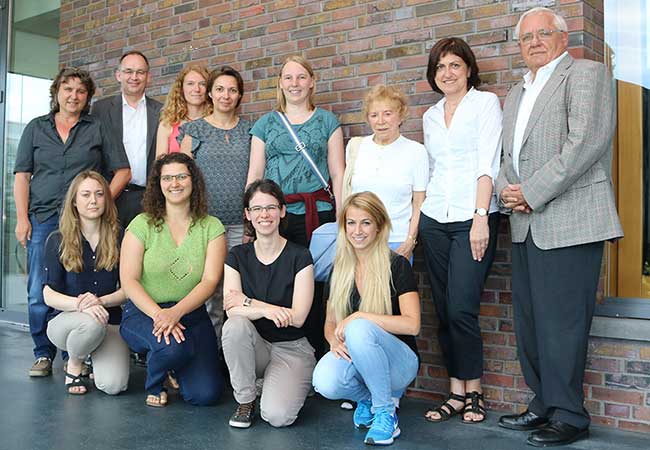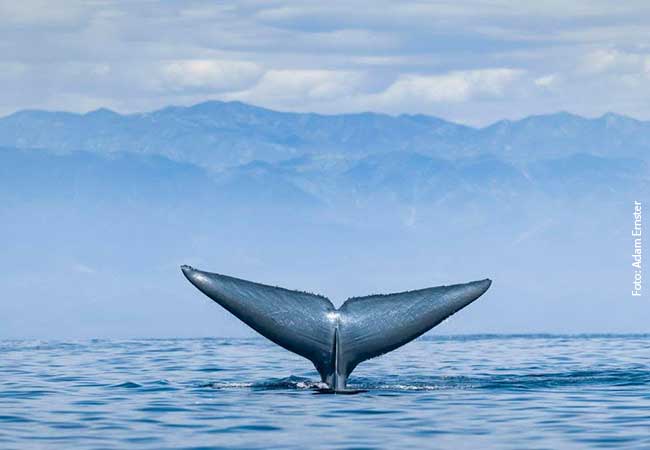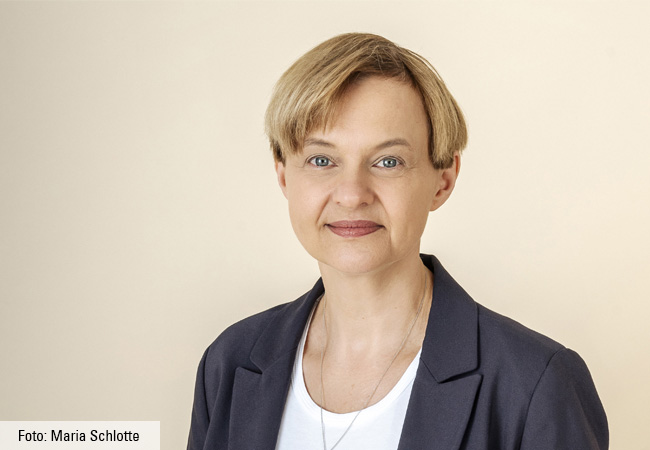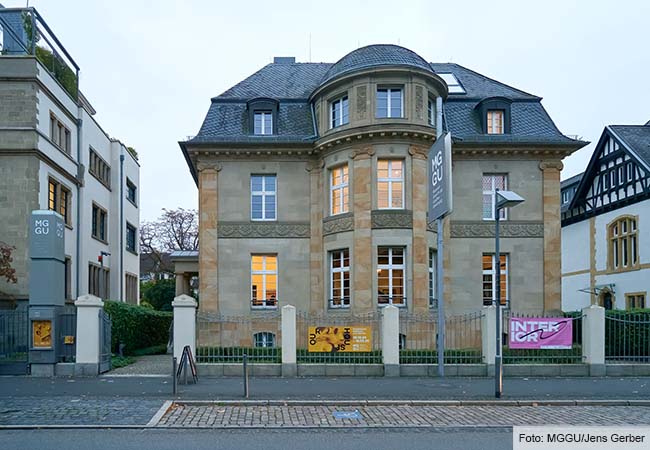
Marine researcher Professor Angelika Brandt will be awarded the 40th “International Prize for Biology” today in the presence of the Imperial Highnesses of Japan. The prize is one of the world’s highest honors for outstanding achievements in the biosciences. The award recognizes Brandt’s life’s work in researching deep-sea and polar biodiversity. With this honor, the Goethe University and Senckenberg scientist joins the ranks of the world’s most respected biologists. The award underlines the global relevance of her research for the conservation of biodiversity and the understanding of marine ecosystems. Angelika Brandt is the first German scientist to receive this prize.
After completing her studies and obtaining her doctorate in 1992, Angelika Brandt was appointed Professor of Special Zoology at the University of Hamburg in 1995 at the young age of 33. There, she headed the Department of Invertebrates II and served as either Director or Deputy Director of the Hamburg Zoological Museum between 2003 and 2017. Since 2017, she has overseen the Department of Marine Zoology at the Senckenberg Research Institute and Natural History Museum Frankfurt, heading the Crustacea and Ichthyology sections, and she holds a professorship at Goethe University Frankfurt. In addition, Brandt has served as a member of the Senckenberg Board of Directors since 2022, where she is responsible for the fields of research culture and internationalization.
Her research focuses on the taxonomy, systematics, ecology, biodiversity, and evolution of deep-sea and polar organisms, in particular crustaceans of the order Isopoda. Brandt combines traditional morphological methods with state-of-the-art molecular biology techniques and is a strong advocate of the importance of sound taxonomic and organismal research as an essential basis for robust biodiversity research. In recent years, she has devoted herself to the study of evolutionary mechanisms in the deep sea, including isolation factors or biogeographical connectivity between regions and barriers to the dispersal of marine species. Her published research results to date comprise 507 publications – including 321 peer-reviewed scientific papers – and 12 books, and her scientific studies have been cited more than 10,000 times.
Brandt has coordinated numerous biological marine expeditions, including the pioneering ANDEEP expeditions to the Southern Ocean, which have significantly expanded our knowledge of the deep-sea biodiversity there in all invertebrate groups. She herself has so far described 119 new species, 22 new genera, and three new families as well as three suborders, and she is the namesake of 22 species that have been named in her honor by international colleagues. Her expeditions and research in the deep sea – from the Northeast Pacific to the Southern Ocean – have further contributed to the discovery of more than 100 new deep-sea species that were described by international taxonomists. Their most recent “AleutBio” expedition was carried out as part of the UN Ocean Decade Program. For the first time, samples were collected from the deepest parts of the deep sea in this region of the Northeast Pacific. The expedition not only provided groundbreaking insights into the biodiversity of the Aleutian Trench and the connectivity of some species in the hadal and abyssal trench system, but also generated significant funding and data for the scientific community. Brandt and her team were able to provide access to over 1.6 million data sets from the deep sea of the Northwest Pacific and the Arctic – a significant milestone in global biodiversity research.
Angelika Brandt has received numerous awards, including the Annette Barthelt Foundation Prize (Federal Ministry of Education and Research, 1992), the Adventurer of the Year Award from the National Geographic Society (2007), and the SCAR Medal for Excellence in Polar Research (2008). Her 2007 Nature publication on deep-sea biodiversity in the Southern Ocean was recognized by Time Magazine as one of the ten most important scientific discoveries of the year. In addition, Brandt has been involved in various international programs and organizations, including as a current member of the UN Challenger 150 program’s steering group and as team leader of the UN Ocean Decade Program “Clean Ocean Laboratory” by the Federal Ministry of Education and Research. Her leadership role in the Census of Marine Life in the Antarctic (CAML) and the Deep Ocean Field Project (DeDAMar) has significantly advanced the global understanding of marine biodiversity. With over 37 supervised diploma theses, 32 bachelor’s, 28 master’s, and 33 doctoral theses, she has influenced countless young scientists, many of whom now hold leading positions.
“With over 37 years of experience and an impressive list of scientific achievements, Angelika Brandt is an outstanding scientist and an inspiring mentor whose research and dedication have brought the deep sea – the least explored ecosystem on Earth – into the spotlight,” says Professor Klement Tockner, Director General of the Senckenberg Gesellschaft für Naturforschung, in congratulating her on the award. Professor Enrico Schleiff, President of Goethe University Frankfurt, adds, “The scientific community and the public benefit equally from Angelika Brandt’s extensive work – a true pioneer whose research has shed new light on the depths of the undersea world.”
The “International Prize for Biology” is awarded annually by the Japan Society for the Promotion of Science (JSPS) in cooperation with the Japan Academy. It honors scientists whose work has significantly furthered the understanding of biological diversity and life processes.
Source: Press release Senckenberg Gesellschaft für Naturforschung








